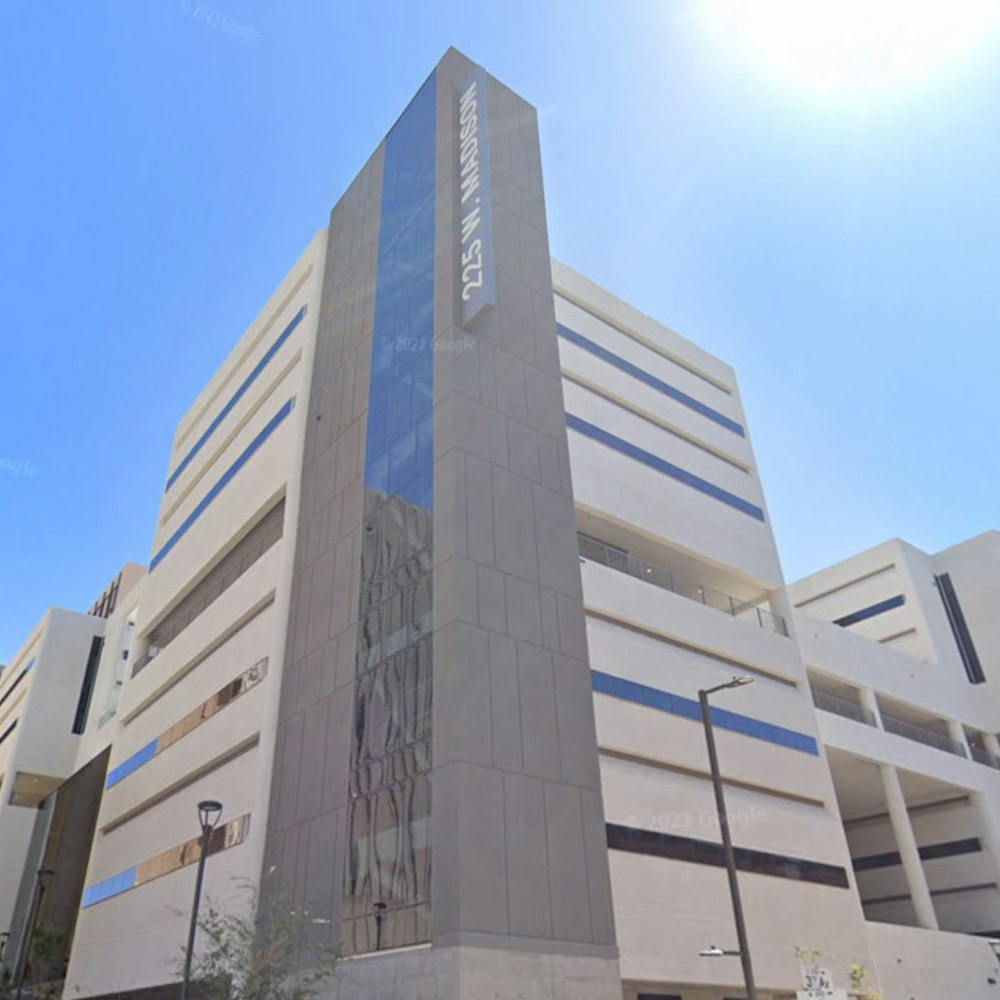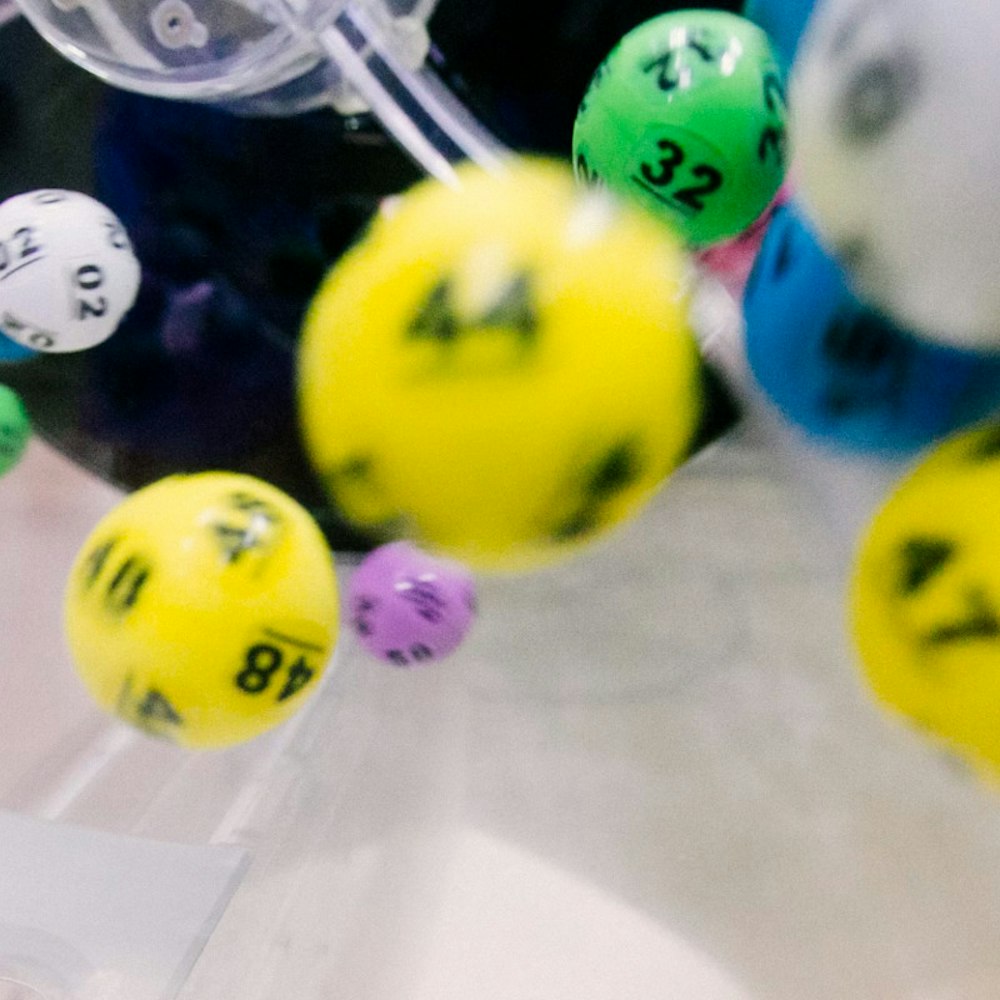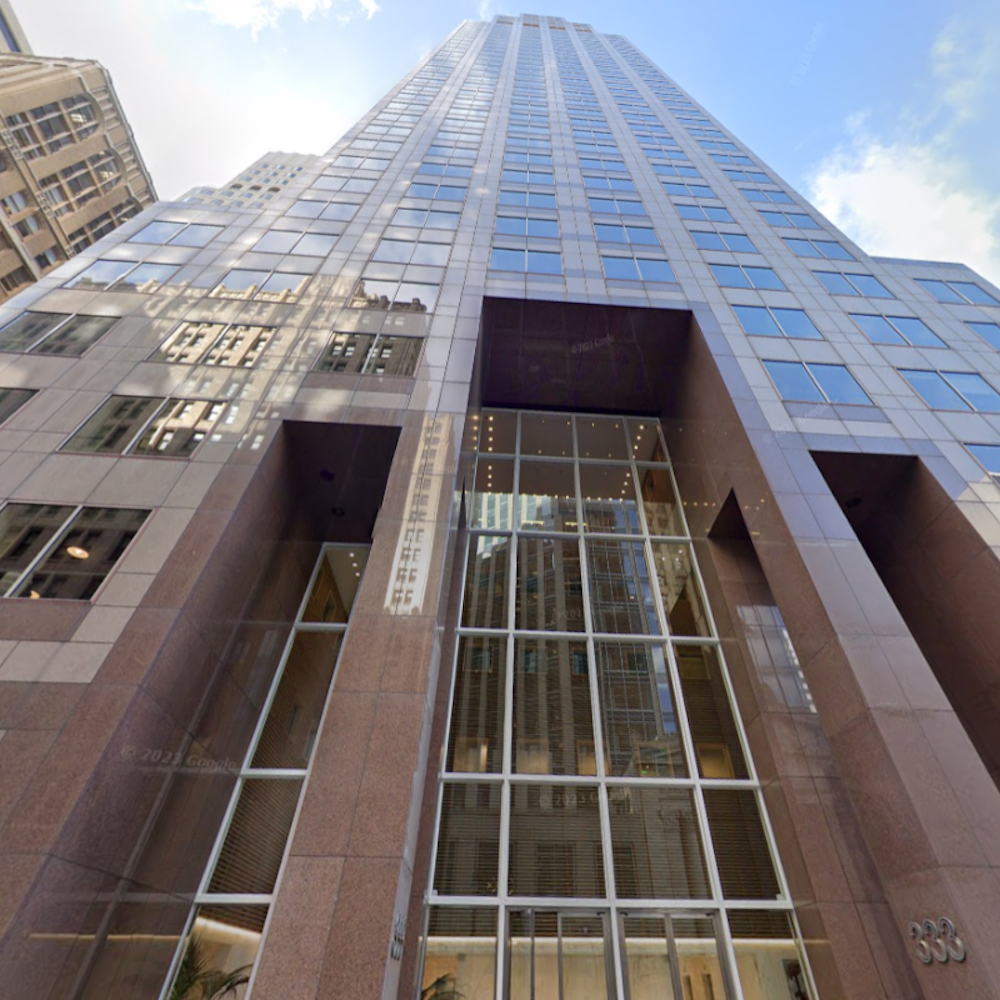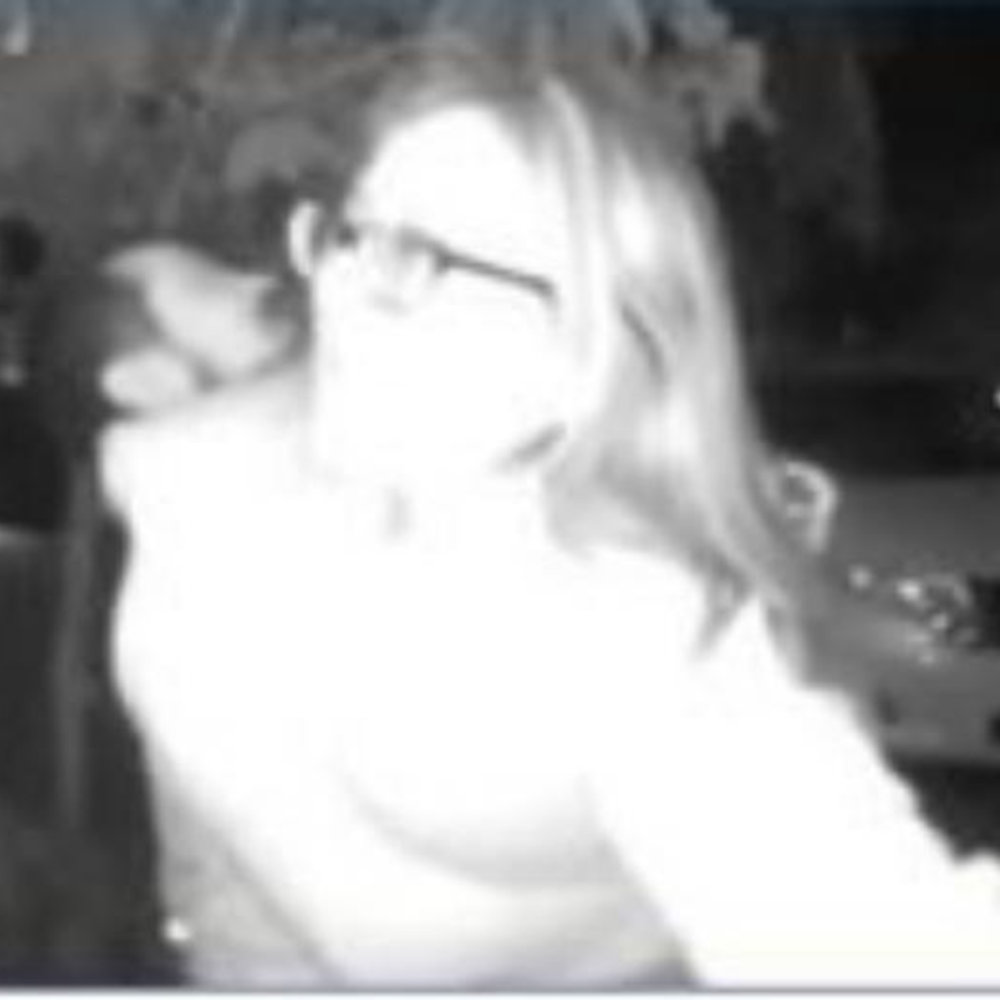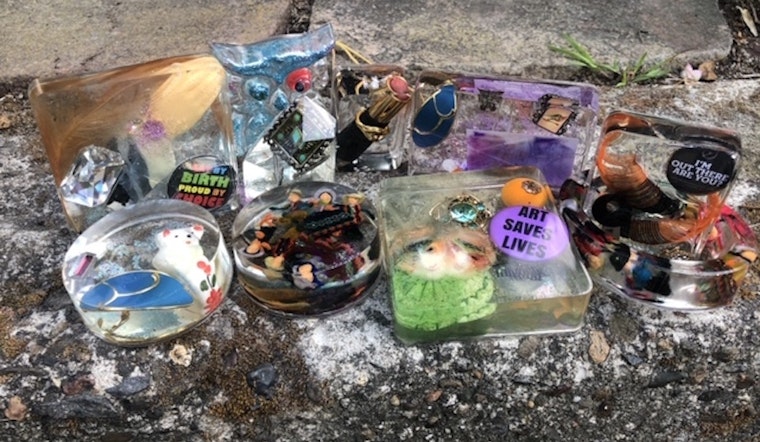
After years of covertly filling Tenderloin sidewalk crevices with resin and found objects, artist Rik Lee Leipold has received funding to install more long-lasting works in the neighborhood's streets.
In collaboration with other Tenderloin artists, Leipold is creating pre-cast resin tiles containing objects unique to each of them, which will be permanently installed in the neighborhood's streets.
Prior to the pandemic, "Resin in Pavement" was supposed to feature Leipold's collaborations with eight Tenderloin artists – including drag queens, graffiti artists, and neighborhood advocates – in a major installation that would culminate in a grand walking tour.
But when COVID-19 struck in March, Leipold had to scale back their plans, focusing on two artists at a time. Set to be installed on the Tenderloin's streets over the next two weeks, the initial "Resin in Pavement" tiles will spotlight drag perfomer and transgender activist Donna Personna and City College fashion educator and graphic novelist Diego Gomez.
Working with other neighborhood artists was a key goal for Leipold, a longtime Tenderloin resident who now lives in the Haight. Before the move, they were neighbors with Gomez for eight years, and once made Personna a resin bracelet commemorating her work as a performer in the Hot Boxxx Girls revue at Aunt Charlie's Lounge.
Both Gomez and Personna were “really excited” by the idea of collaborating on the project, Leipold said. “It feels good to be able to put other people's artwork out there, too, especially those who wouldn’t think to apply for grants or funding on their own."
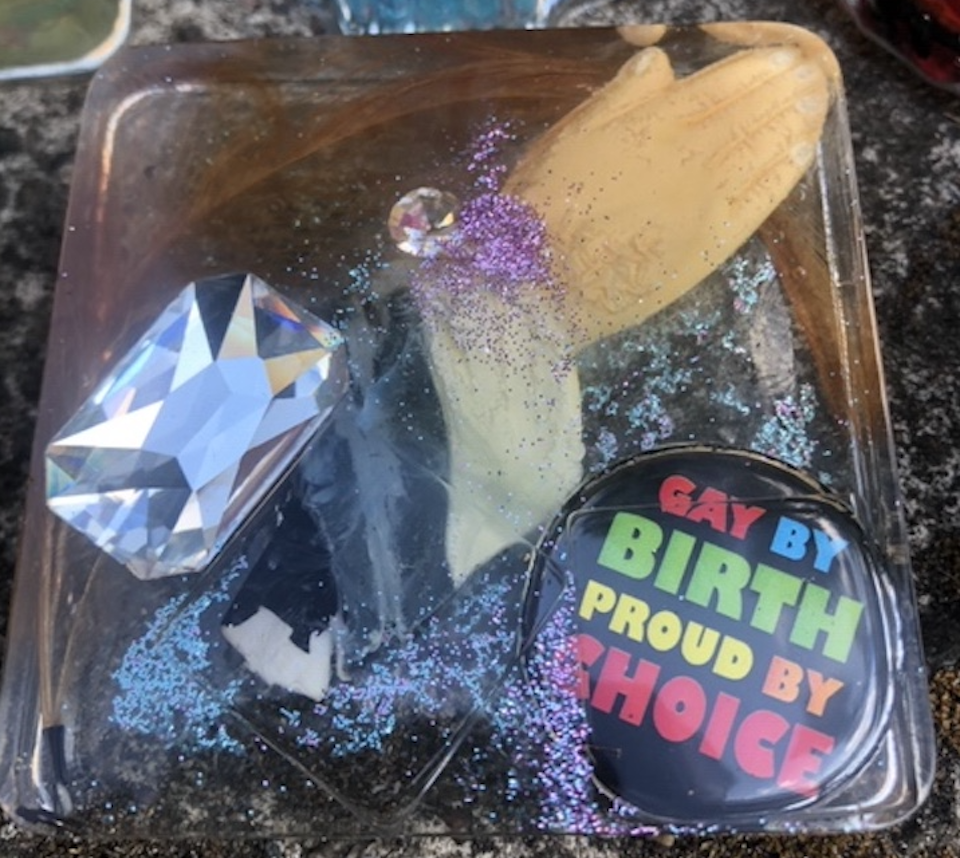
For Personna, who helped recreate Compton's Cafeteria riot through the Tenderloin Museum's interactive play in 2018, the project was personal. Her tiles incorporate fake lashes and earrings she wore in her stage performances, as well a photo of her and a friend.
Leipold warned her that photos don’t always last in the resin development process, because of the UV lights needed to cure the tiles. Their prediction was correct: the photo became blurry, but Personna still found it interesting and encouraged them to use it.
The collaboration has already inspired a potential follow-up. When Leipold brought Personna some resin prototypes at her current residence – a home for LGBTQ+ seniors – four of her neighbors started giving Leipold their own personal items for use in future installations.
“They brought down everything from rings to decals and other objects, without me even asking for them,” Leipold said.
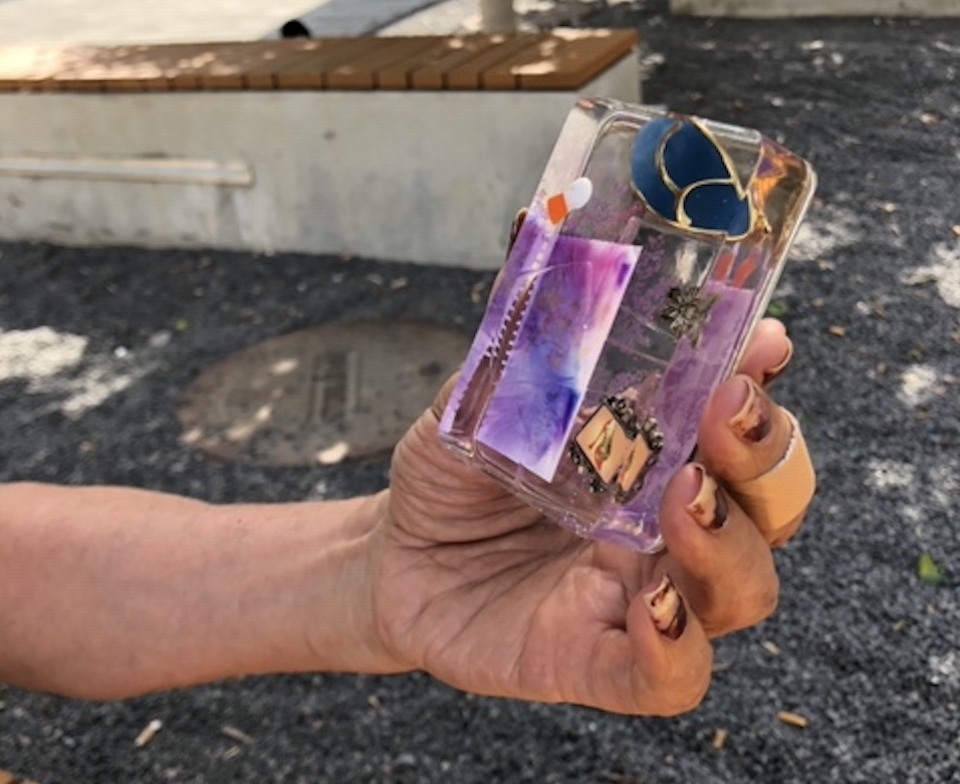
As for Gomez, he selected a variety of cast resin objects Leipold had already created, choosing the ones that paired best with his own sticker designs.
“He came over and picked through some of my objects and chose ones to go with his creations,” Leipold said.
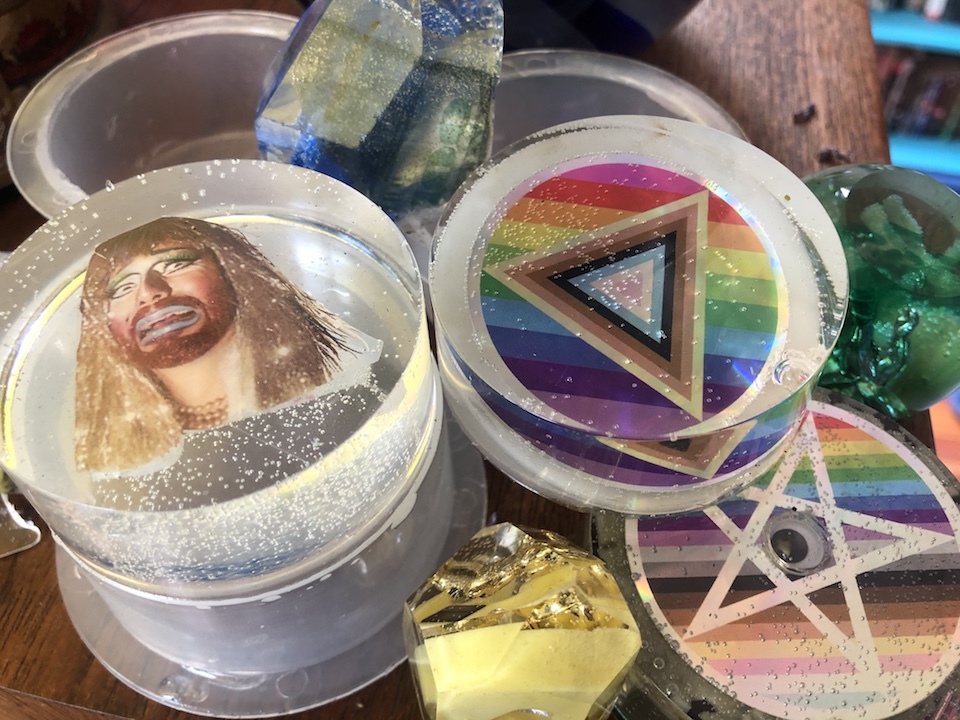
Leipold has already tested the new resin tiles in two different installations in the Haight, including one outside of a polling place on Waller Street that includes the letters “V-O-T-E” and a set of dice.
Over the next two weeks, they plan to install Personna and Gomez's tiles in potholes around the Tenderloin, culminating in a walking tour on September 5. All three artists hope to be in attendance, barring safety concerns.
The tour will explore not only the new installations, but some of Leipold’s first resin potholes throughout the neighborhood, “to see how they’re holding up.”
At the end of the tour, Leipold plans to install smaller resin-cast tiles in a sidewalk pothole right outside of the Tenderloin Museum, so attendees can see how it’s done. The new installations will also be added to an online map of Leipold's work, some of which has disappeared under new sidewalks over the years.
While Leipold's funding cycle from the San Francisco Arts Commission and Wildflower Institute has already ended, they're still aiming to complete the "Resin in Pavement" project by collaborating with another six artists over the next six months.
The next set of installations will be a team-up with artists from Hospitality House's Community Arts Program. Artist Tan Sirinumas plans to contribute a resin remembrance of the Gangway, the city’s oldest gay bar, which closed in 2018 after more than 108 years on Larkin Street.
This won't be Sirinumas' first foray into developing Tenderloin public art: he recently created decorative wraps for several of the neighborhood's new Big Belly trash cans.
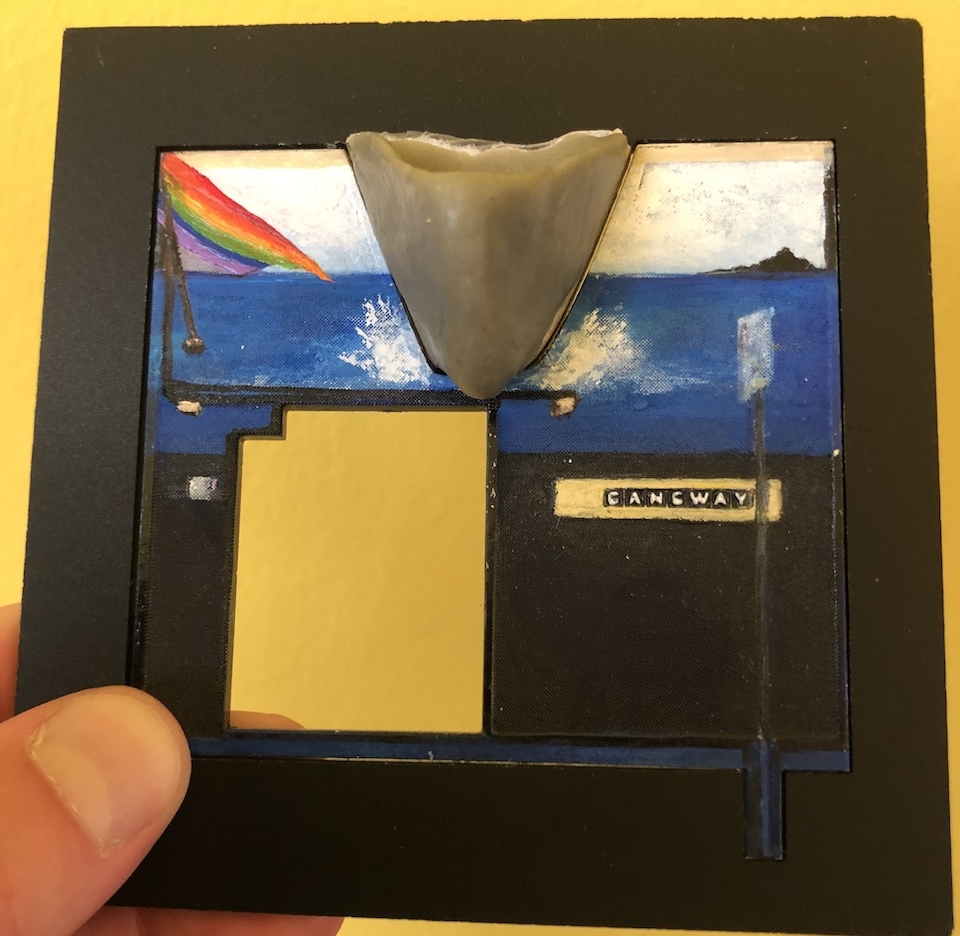
While Leipold is focused on the Tenderloin for now, they are looking forward to resin tile collaborations in other neighborhoods, including their new home base, of the Haight.
They've also created benches for the renovated McCauley Park, which will be ready to install once the playground can be accessed again.
To register for the Tenderloin Museum's "Resin in Pavement" walking tour on Sept. 5, go here. Due to social distancing, space for the 1.5-hour walk is limited, and participants will be required to wear masks.
You can also tour Leipold’s installations on your own, utilizing the online map that provides locations and photos of each resin pothole in its original state.


